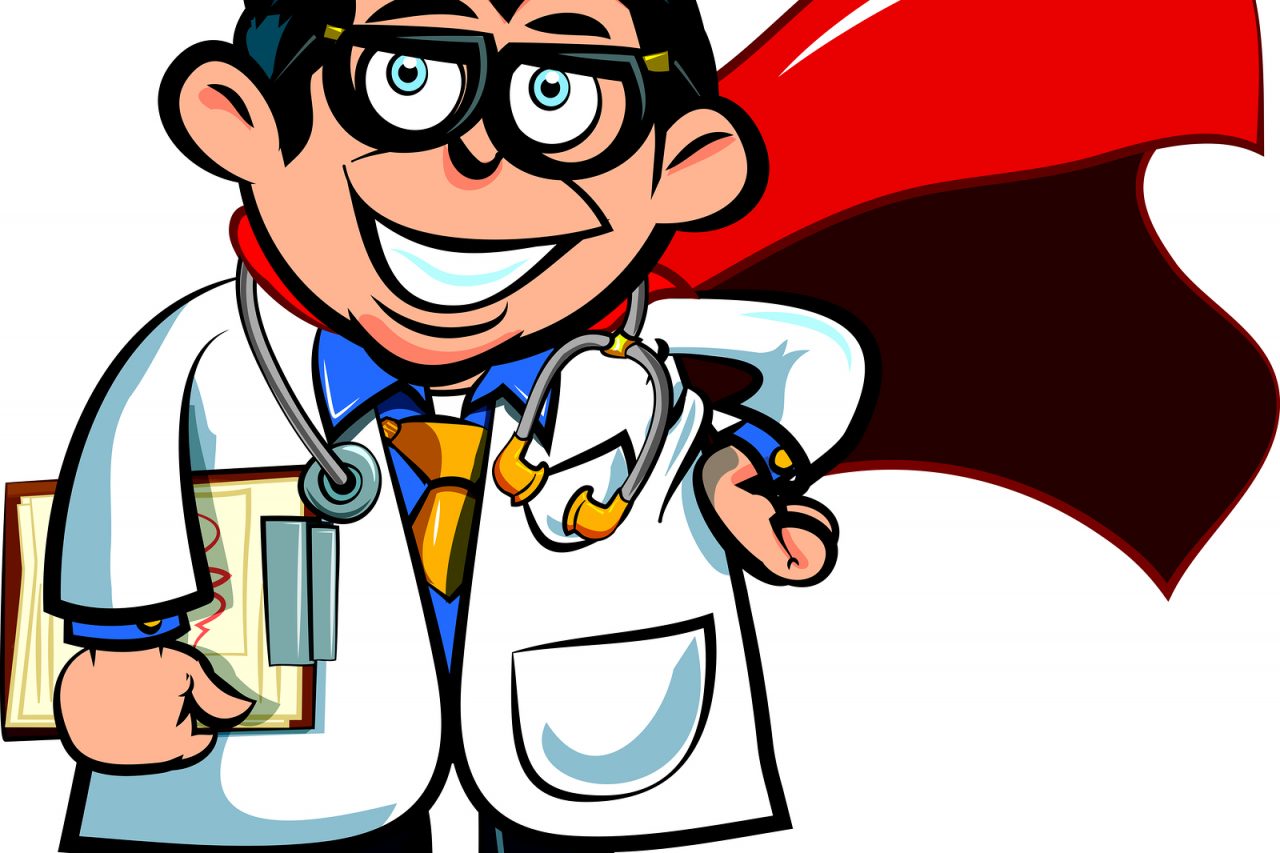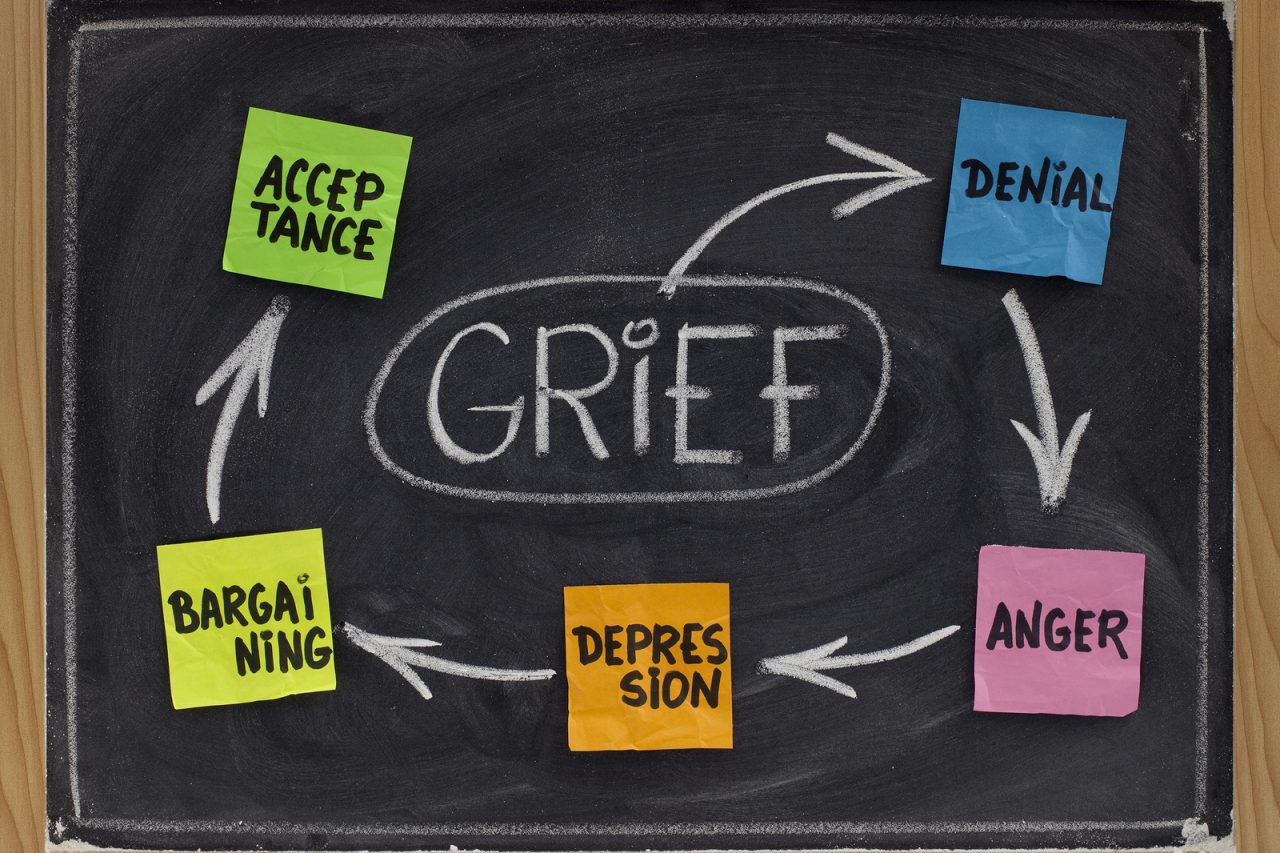In my home, we have two conversations; politics and medicine. The most vociferous discussions are around their product, Healthcare. We know doctors on the right and left, Democrat and Republican, boisterous blues, rebellious reds and garrulous grays. Respecting opinions and debate, we love ‘em all. However, no matter on what side of the aisle they stand, which lever they pull, they share one trait. All physicians are deeply conservative. This is part of the firm foundation of medicine and is simultaneously an obstruction to healthcare innovation.
How you ever wondered why health is the last industry to embrace any fad or innovation? I know doctor’s offices that are still without fax machines. Can you imagine a bank that will not let you see your account records? If you can buy groceries, spray paint or a burger at lunchtime, why is your doctor closed? Your physician orders the same antibiotic he prescribed 20 years ago. Why can’t you email your doctor? Health is the last major sector of our economy to go electronic. Can you imagine a used car dealership, bookstore or airline without computers?
Doctors are conservatively fixed, a few years behind, feet in concrete. While they may be quick to prescribe “me-too” drugs, true health innovation proceeds like molasses, as doctors remain isolated in their silos, heads down, blinders on, one methodical step at a time, while the world changes at the speed of the electron. Why do these highly intelligent people resist change?
The answer lies in how doctors are trained. Physicians do not learn their craft from books or lectures. If that was so, anyone could read the Internet today and perform open-heart surgery tomorrow. Docs learn from long years of “practicing” medicine, one patient at a time. Personal, individual, painful, trial-and-error education. Do it “right” and the patient feels better. Do it “wrong” and the patient feels worse. Make a brilliant decision and the patient is saved. Make the same brilliant decision, but with a minor twist, and the patient dies. No doctor anywhere, ever, forgets the decisions that failed to save a life or, just maybe, resulted in death.
Added to this brutal real-life learning is the zeitgeist of medical culture. Whatever happens, it is your fault. Each doctor is trained to evaluate, decide, and act, by himself; whatever the result, the doctor must live with the outcome. Do not whine. Never open up, show weakness, nor look for comfort and support. We’re talking life and death, pain and suffering, hope and loss; so suck it in, “man” up, learn your lessons and move on. And, never forget.
Thus, no physician, once he/she gets something “right,” will easily change. It becomes hardwired in to every action. How you greet each patient, how you take a history, how you record your decisions, how you organize treatment and even how you give bad news. Deviate from these lessons and you know, deep down, the patient will suffer. It does not matter if there “might” be a “better” way. Doctors are highly conservative in their work style, they re-educate with great resistance and rapid dramatic innovation is nearly impossible.
It is vital to understand this concept when trying to bring significant change to medicine. Why are docs fighting electronic medical records (EMR)? Because, they fear it will interfere with how they interact with patients and how they gather information; this will lead to mistakes. Why do docs “hate” Obamacare? Complex, almost indecipherable change. Why write antibiotic prescriptions for viral sore throats? They remember the strep throat they missed that went bad. Transfusions for borderline anemia? They are haunted by the young father with the heart attack they might have saved. Truly, working together in teams and groups like Affordable Care Organizations (ACOs)? That would require changing how you make decisions, taking time away from patients to communicate and, above all else, the possibility of showing weakness.
Innovators must deal with this conservative core value. Simply presenting a good or exciting idea may work if you are selling I-Pads, a new soda or a cool car. In that broad market of ideas, the motivations are excitement, exploration, competition and a first adopter philosophy. Doctors are the prototypic last adopters. They will always wait for someone else to go first. They demand a duplication of data. They demand respect not because they are hubristic, but because of the decisions they must make. They require time to evolve. While they are curious, intelligent and capable, as they stand on the wall protecting their patients, they are scared.
The practice of medicine is about fear and guilt. Fear for the mistakes you will make. Guilt for the ones you already have. This must be remembered as we build the healthcare of tomorrow. It is a value to be respected, because it protects patients. It is a value of concern, because it resists needed change. Nonetheless, protective conservatism will be there, as long as there are those who give their lives to heal the suffering of their fellow man.







4 Comments